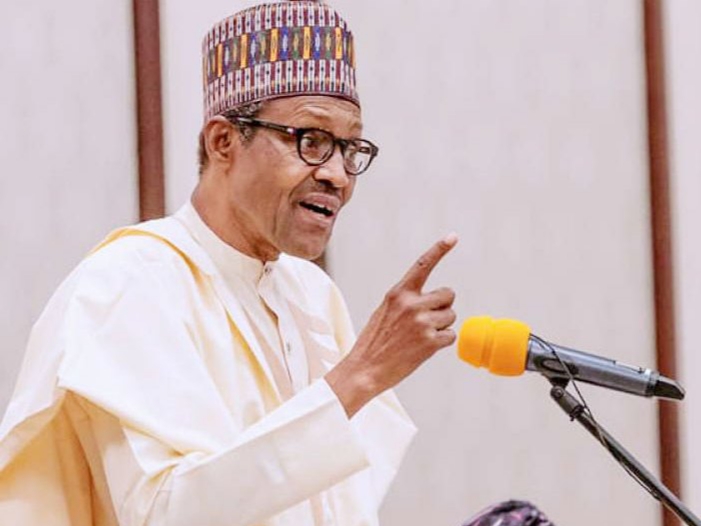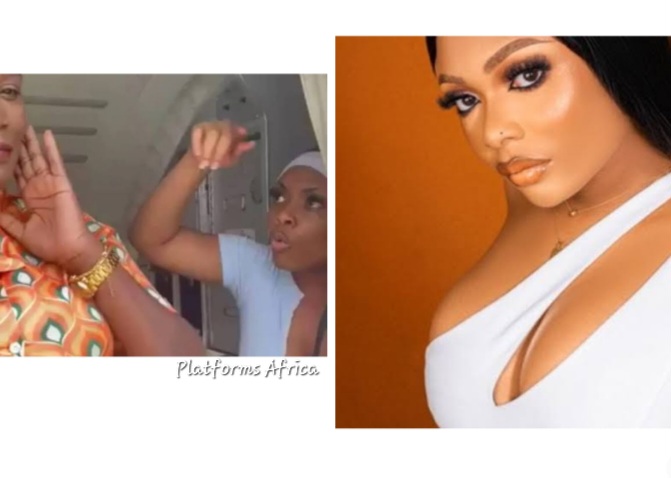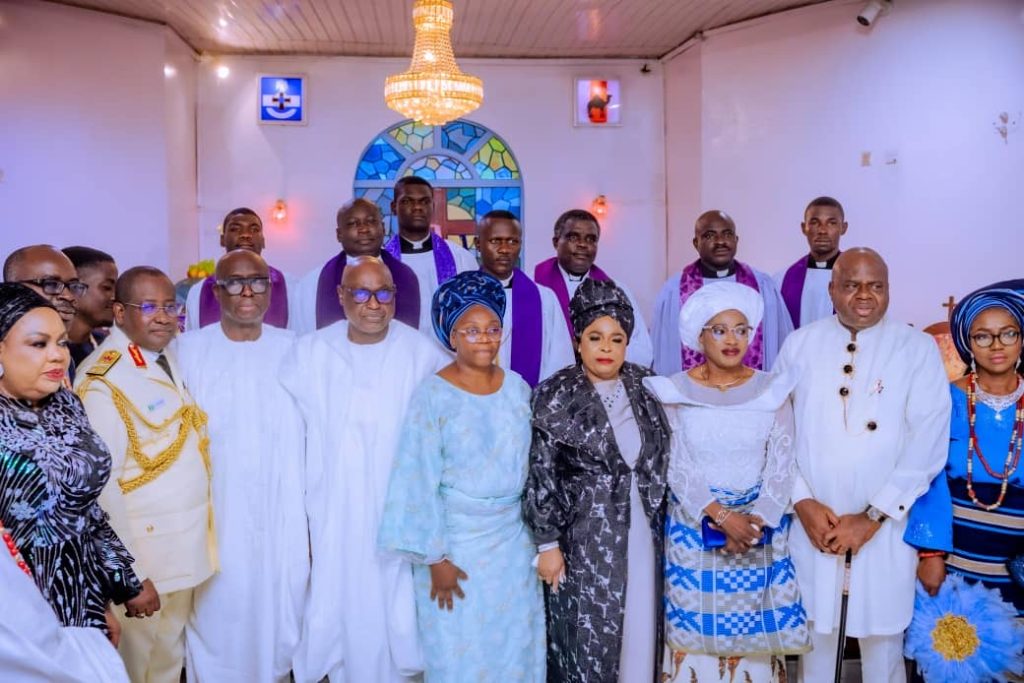“Channels and emails containing names of proscribed groups and their affiliates should not be allowed on Google platforms,” the Nigerian Government has said as it sought collaboration with the global internet company to curb the excesses of subversive YouTube channels, being used to spread hate speech and misinformation against Nigeria.
The Minister of Information and Culture, Alhaji Lai Mohammed, stated this on Thursday during a courtesy call on him by a delegation from Google in Abuja.
Some of the proscribed groups are the Indigenous People of Biafra (IPOB), Bandits groups in the North-West while the Islamic State West Africa Province (ISWAP) and Boko Haram are tagged terrorist organisations.
READ ALSO:
Ikeja Electric Graduates 140 From Metering Academy, Deepens Commitment
JUST IN: Ex-IGP, Tafa Balogun, Dies 20 Days To 75th Birthday
Disconnecting Electricity Consumer Without 10 Working Days’ Notice Illegal —FCCPC
He expressed delight that both the NIgerian Government and Google shared the same concern on the responsible use of social media.
“We want Google to look into how to tackle the use of private and unlisted YouTube channels and YouTube live streams by proscribed groups and terrorist organisations.
“Channels and emails containing names of proscribed groups and their affiliates should not be allowed on Google platforms,” the minister said.
The minister stated that Google had become a platform of choice for the Indigenous People of Biafra, which he described a proscribed terrorist group.
Mohammed implored the tech giant to deny IPOB the use of its platform for its acts of violence and destabilisation.
He said Nigerians are among the most vibrant social media users in the world, with over 100 million Internet users in the country.
“Internet platforms such as Google, Facebook, TikTok, Twitter and WhatsApp enable Nigerians to interact, share ideas, earn a living and participate in social and political affairs,” he added.
The minister, however, observed that those platforms are also used by unscrupulous persons or groups for subversive and nefarious activities.
Mohammed said the Nigerian Government had recently proposed a “Code of Practice for Interactive Computer Service Platforms/Internet Intermediaries” in an attempt to provide a framework for collaboratively protecting Nigerian users of Internet platforms.
“This code couldn’t have come at a better time, as the country prepares for general elections next year. We are committed to working with platforms like yours as well as the civil society, lawyers, media practitioners and other relevant stakeholders to ensure a responsible use of the Internet and to protect our people from the harmful effects of social media,” he said.
The Google Regional Director (Sub-Saharan Africa, Government Affairs and Public Policy), Charles Murito, said the platform has introduced a programme called “Trusted Flaggers” for citizens trained to track and engage with online contents in order to flag contents of serious concern.





